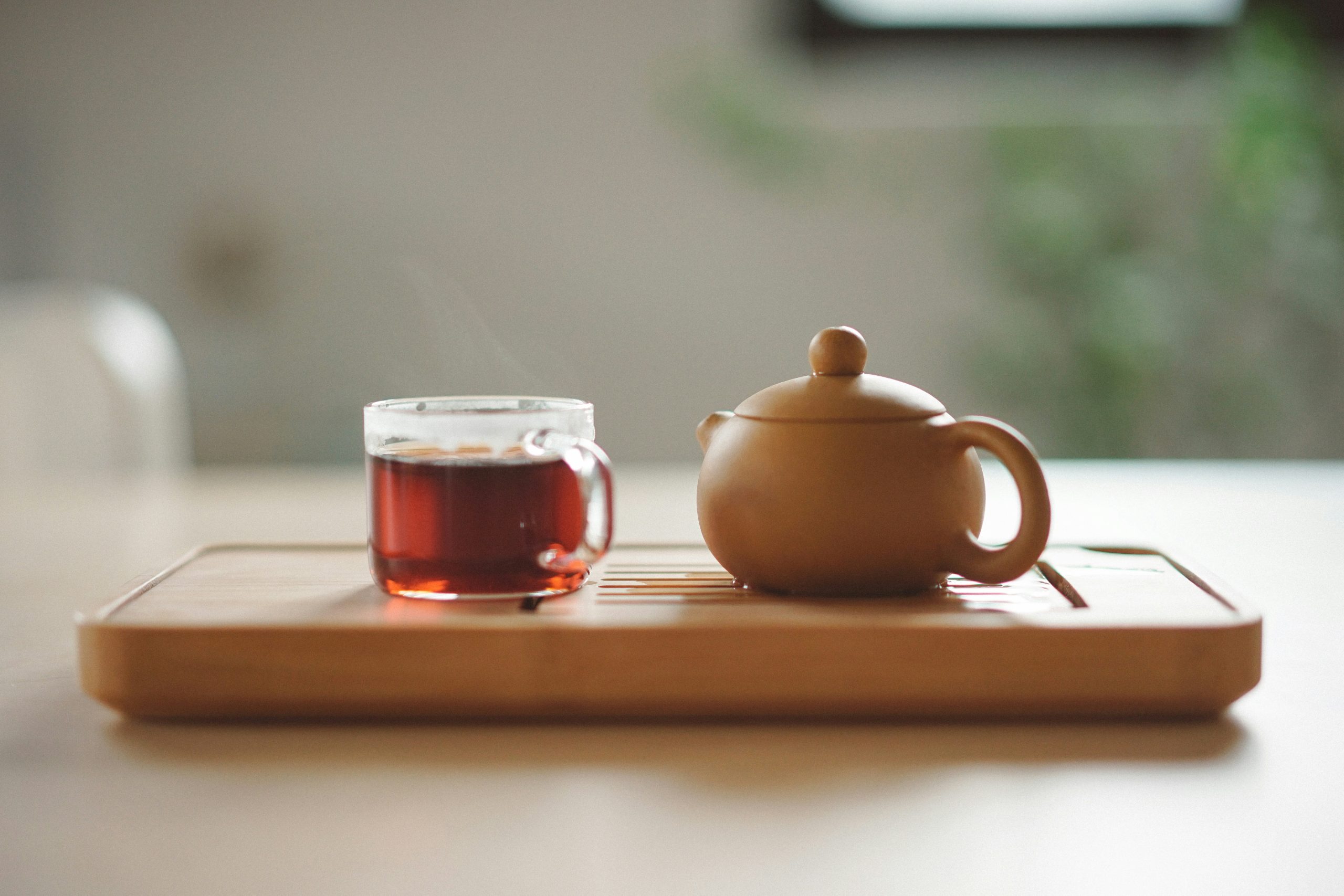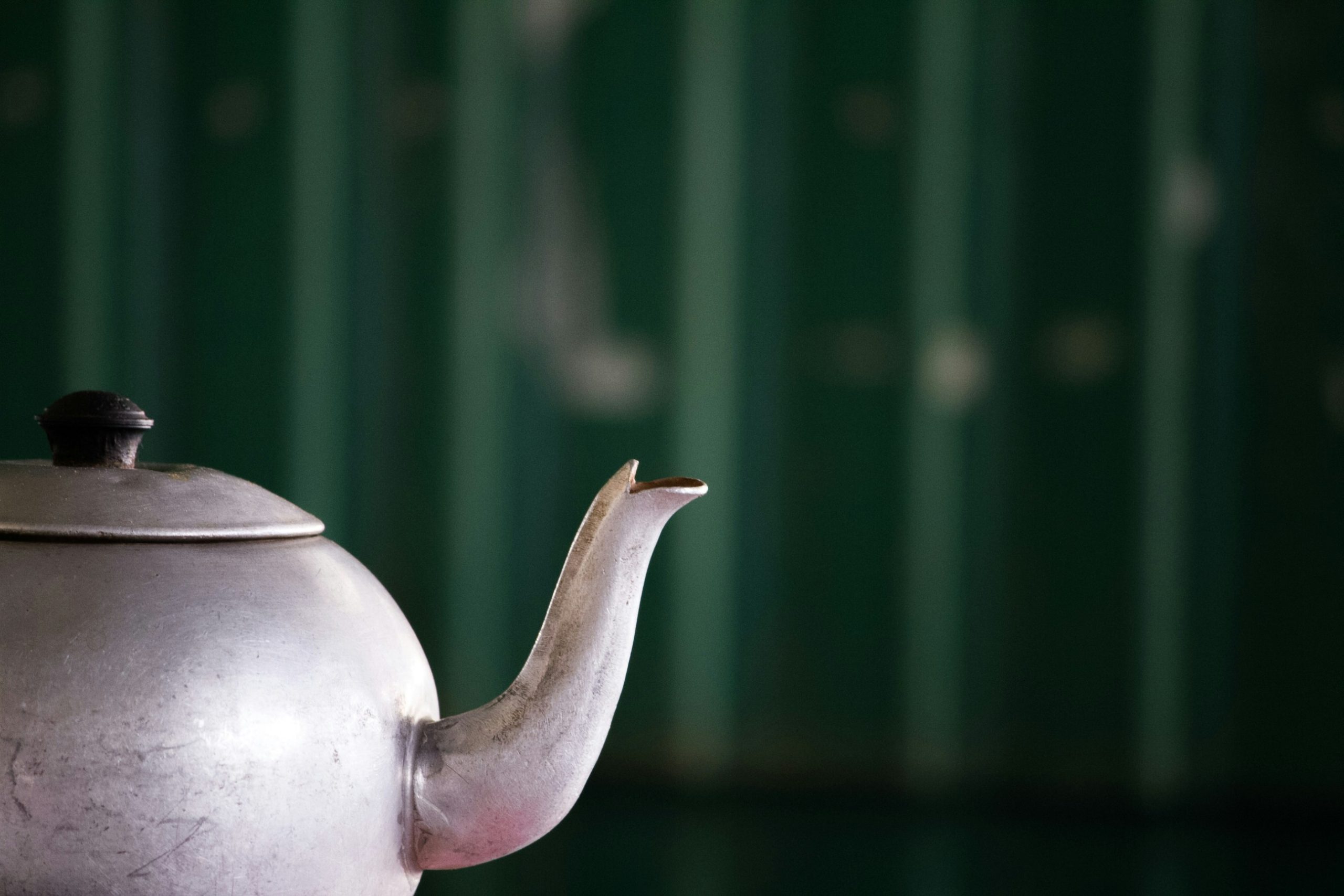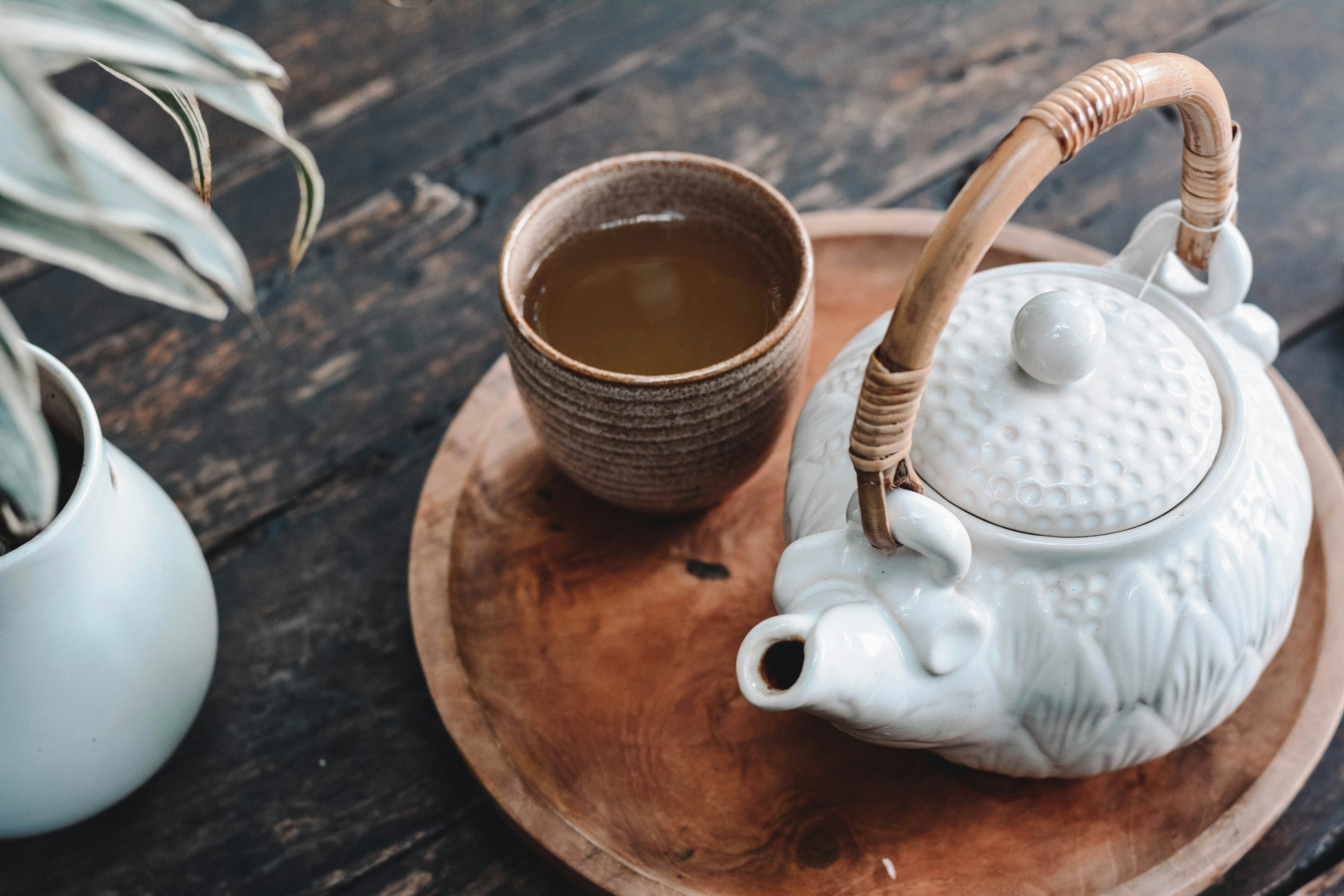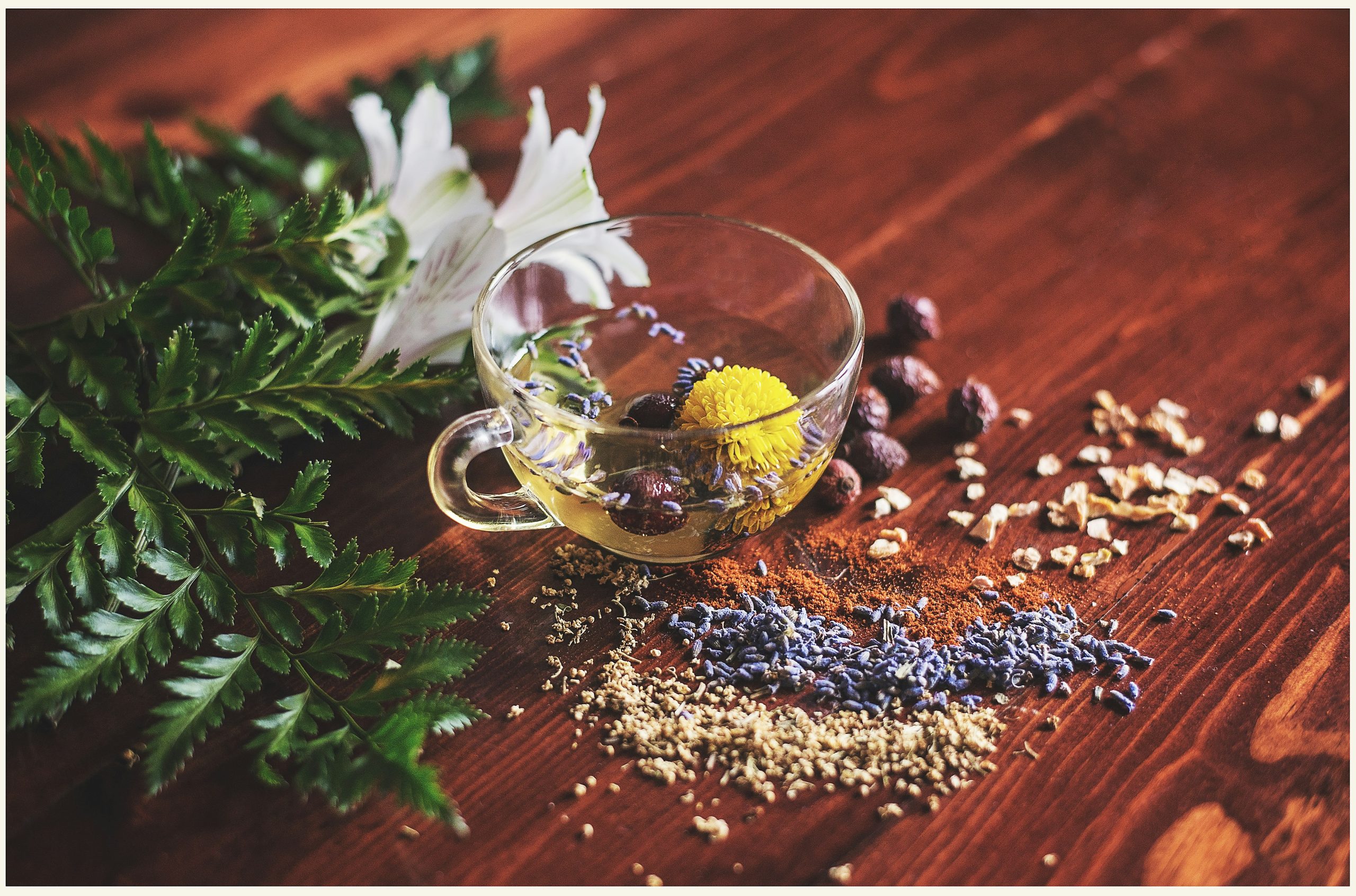“Explore the enchanting world of Middle Eastern Tea Culture Tourism, where ancient traditions meet modern hospitality. Discover how this cultural gem is not only a delightful experience for travelers but also a gateway to understanding the rich history and heritage of the region.”
Tea culture in the Middle East

Exploring Tea Culture in the Middle East
Middle Eastern tea culture tourism offers a unique and immersive experience for travelers seeking to delve into the rich heritage of tea in the region. From the bustling markets of Istanbul to the tranquil tea houses of Tehran, the Middle East is a paradise for tea enthusiasts looking to enjoy a warm cup of traditional tea while soaking in the local culture.
The Delight of Turkish Tea Culture
Turkish tea holds a special place in the hearts of locals and visitors alike. Served in small tulip-shaped glasses, Turkish tea is a symbol of hospitality and socialization. Whether enjoyed at a bustling bazaar or a serene garden café, sipping on Turkish tea is a must for anyone exploring the vibrant streets of Istanbul.
The Aroma of Chinese Tea in Morocco
In the vibrant streets of Morocco, the aroma of Chinese tea floats through the air, offering a unique fusion of cultures. Moroccan tea houses, or “Atay Maghana,” provide a cozy retreat where visitors can indulge in the fragrant mint tea that has become synonymous with Moroccan hospitality.
Tea Houses of Tehran
Tehran’s tea houses are a hub of social life in Iran, where locals gather to unwind, engage in lively conversations, and enjoy a variety of teas, including traditional black tea and fragrant herbal blends. Visiting a traditional tea house in Tehran offers a glimpse into the intimate rituals and customs surrounding tea drinking in Iran.
Tea Culture in the UAE
In the UAE, tea culture is deeply intertwined with tradition and history. Emirati hospitality often includes serving guests a cup of gahwa, a rich and aromatic Arabic coffee, alongside dates and sweets. While tea may not be as prevalent as coffee in the UAE, the art of tea drinking still plays a significant role in Emirati culture.
Experiencing Tea Tourism in the Middle East
For travelers looking to immerse themselves in Middle Eastern tea culture, there are plenty of opportunities to participate in tea ceremonies, visit tea plantations, and learn about the different varieties of tea that are cherished in the region. Whether exploring the bustling streets of Istanbul or the tranquil gardens of Tehran, tea culture tourism in the Middle East offers a holistic experience that engages all the senses.
By embracing the traditions and rituals surrounding tea in the Middle East, travelers can gain a deeper appreciation for the cultural significance of this beloved beverage in the region. From the bustling tea markets to the serene tea houses, every sip of tea tells a story of history, hospitality, and tradition in the enchanting world of Middle Eastern tea culture.
Historical roots and traditions

In the bustling streets of the Middle East, a journey rich in history and culture awaits those who delve into the enchanting world of Middle Eastern tea culture tourism. Let’s uncover the historical roots and traditions that have shaped this centuries-old tradition.
Sunken Treasures
Dive into the depths of time as you explore the sunken treasures of Middle Eastern tea culture tourism. From the ancient tea trade routes that crisscrossed the region to the intricate tea ceremonies that have been passed down through generations, every sip of tea tells a story of the past.
Return to Roots
Embark on a journey back in time as you return to the roots of Middle Eastern tea culture. Discover the flavors of traditional teas infused with spices like cardamom, mint, and saffron, reflecting the region’s rich culinary heritage.
Bridges to the Muslim World
Middle Eastern tea culture serves as a bridge to the Muslim world, where tea holds a special place in daily rituals and social gatherings. Experience the warmth of hospitality as you share a cup of tea with locals, immersing yourself in the traditions of the region.
One Big Museum
The Middle East is like one big museum, with each cup of tea offering a glimpse into the diverse heritage of the region. From the bustling markets of Istanbul to the serene tea houses of Iran, every sip of tea is an invitation to explore the cultural tapestry of the Middle East.
Through the lens of Middle Eastern tea culture tourism, travelers can not only indulge in the aromatic flavors of traditional teas but also gain a deeper understanding of the historical roots and traditions that have shaped this ancient practice. Embrace the essence of tea culture in the Middle East and embark on a journey that will awaken your senses and enrich your soul.
Tea making methods and rituals

The Middle East is renowned for its rich tea culture, where tea is more than just a beverage – it’s a symbol of hospitality, tradition, and social connection. In this article, we delve into the enchanting world of Middle Eastern tea culture, uncovering the intricate tea making methods and captivating rituals that have been passed down through generations.
The Art of Brewing Tea in the Middle East
In the Middle East, the process of brewing tea is considered an art form, with meticulous attention to detail and a profound respect for tradition. Tea leaves, usually black tea, are steeped in boiling water in a special teapot called a “samovar” or “tata.” The tea is brewed strong and is typically flavored with aromatic herbs such as mint or sage, as well as spices like cardamom or cinnamon. This creates a distinct and invigorating brew that is synonymous with Middle Eastern hospitality.
The Tea Serving Ritual
Tea in the Middle East is not just about the beverage itself but also about the elaborate ritual of serving it. When a guest arrives, they are welcomed with a steaming cup of tea, often poured from a height to create froth and enhance the flavor. Tea serving trays are adorned with delicate glasses, sometimes embellished with intricate designs, adding a touch of elegance to the experience. The host’s manner of pouring and serving tea is a gesture of respect and warmth towards their guests, fostering connection and camaraderie.
The Symbolism of Tea in Middle Eastern Culture
Tea holds immense cultural significance in the Middle East, symbolizing hospitality, friendship, and goodwill. It is customary for friends, family, and acquaintances to gather over a pot of tea, engaging in lively conversations and sharing moments of joy and sorrow. Tea houses, known as “qahwa,” play a central role in community life, serving as social hubs where individuals of all ages come together to unwind, socialize, and forge lasting bonds over a cup of tea.
Tea Tourism in the Middle East
For tea enthusiasts and cultural adventurers alike, exploring the tea culture of the Middle East offers a unique and immersive travel experience. From bustling bazaars in Istanbul to tranquil tea gardens in Iran, there are endless opportunities to discover the diverse tea traditions of the region. Travelers can partake in tea tasting sessions, visit tea plantations, and immerse themselves in the enchanting rituals surrounding tea preparation and serving. Tea-themed tours provide a window into the heart and soul of Middle Eastern culture, where tea acts as a gateway to understanding and appreciating the traditions and values that bind communities together.
Embark on a journey to unravel the enchanting tapestry of Middle Eastern tea culture, where every sip tells a story of heritage, warmth, and the timeless art of brewing tea. Immerse yourself in the sights, sounds, and aromas of this vibrant tradition, and forge connections that transcend borders through the simple yet profound act of sharing a cup of tea.


